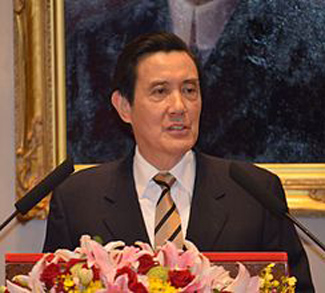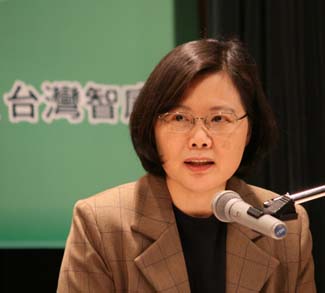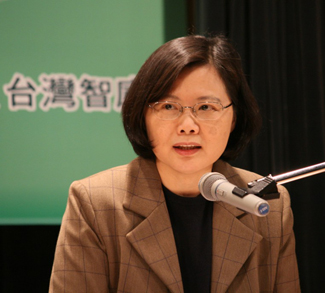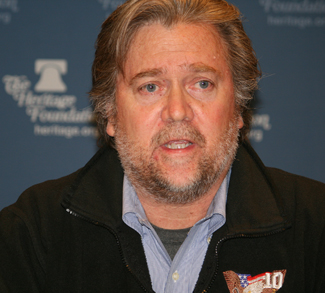President Xi Jinping will meet with his Taiwanese counterpart for the first time ever in Singapore this weekend, where the two are expected to discuss relations across the Taiwan Strait.
The meeting comes at an interesting juncture for the two sides. President Ma Ying-jeou will step down early next year, ending a term that saw a marked improvement in the two governments’ relationship. Ma Ying-jeou came to power in 2008 on a platform of deepening Taiwan’s economic relationship with the mainland – a departure from his predecessor’s tendency towards antagonizing Beijing.
The pro-Beijing slant did wonders for bilateral relations: tourism links developed, first with Chinese tour groups visiting Taiwan and later individual tourists; several cultural and economic agreements were signed (21 in all); and the diplomatic tone became more conciliatory on both sides.
Yet in the lead-up to Taiwanese elections next January, it’s evident that Ma Ying-jeou’s policy went too far, and that the warming with China has produced blowback from an uncomfortable electorate. These forces were unleashed in dramatic fashion back in 2014, when a group of Taiwanese university students occupied the parliament and were later joined by tens of thousands of supporting protestors. Later dubbed the “Sunflower Movement,” these students were protesting the passage of a Taiwan-China services free trade agreement without a promised review in parliament. After about three weeks, the occupation was ended with a promise from the KMT Legislative Speaker to put the agreement on hold until monitoring institutions had been established for future cross-Strait agreements (the promise was supposedly made without consulting President Ma Ying-jeou).
Perceptions of a cozy relationship with Beijing and worries about the Taiwanese economy have combined to hollow out the ruling KMT party’s poll numbers ahead of the January 16th election. The KMT’s first presidential candidate, Hung Hsiu-chu, was replaced last week after a series of high-profile gaffes and an even more pro-China approach than Ma Ying-jeou. Her replacement, New Taipei City Mayor Eric Chu, is polling even worse than Ms. Hung however, with a recent poll finding that only 24% of respondents have a favorable impression of him. A win by the opposition Democratic Progressive Party’s (DPP) Tsai Ying-wen seems assured at this point, with the only remaining question being whether or not the DPP secures a majority in the Legislative Yuan as well.




